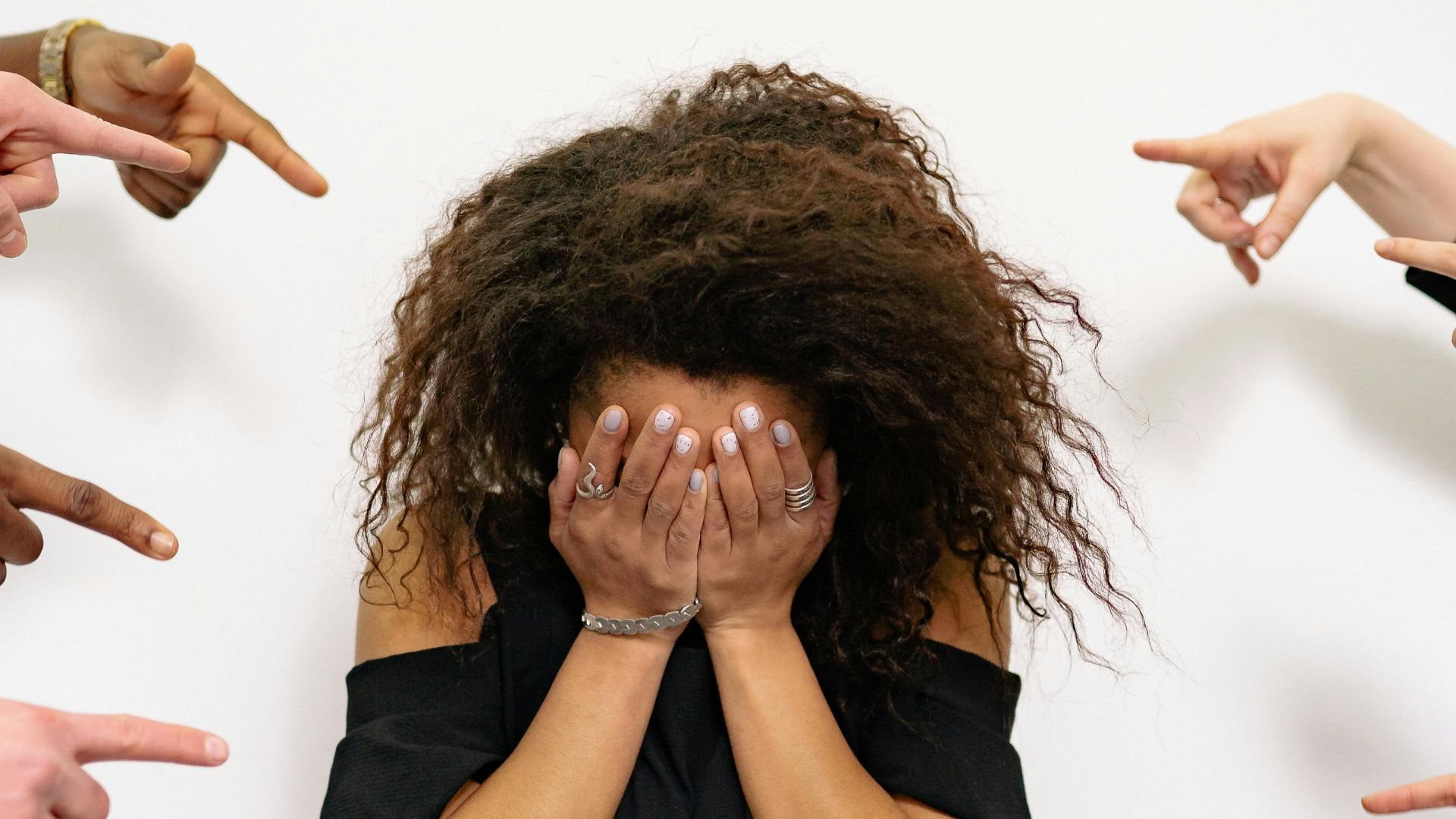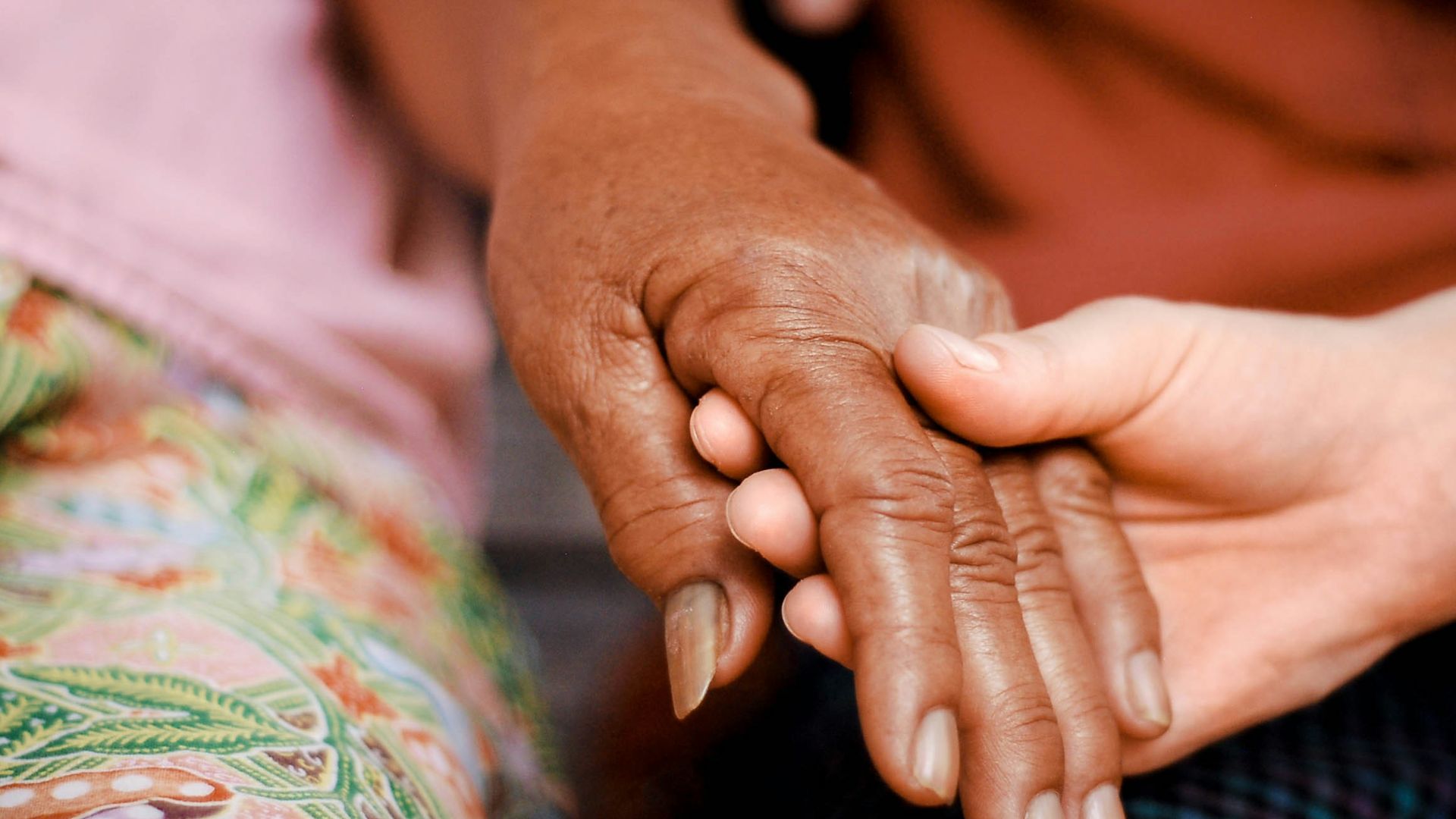Are You a People-Pleaser?
It's human to have insecurities, but that doesn't mean we should simply accept them and move on. Whether you work to feel more secure or mask your insecurities in the hope of fooling people, you need to recognize your behaviors. Here are 20 ways people hide behind their insecurities.
1. Overcompensating
Insecure people often overcompensate to hide what they consider to be their failings. One of the most common methods of overcompensation is to project an abnormally high level of confidence. They might dominate conversation, brag about achievements, or act extra assertively.
2. People-Pleasing
People-pleasing is a popular way to mask insecurities. This means you are constantly seeking the approval of others, and often saying "yes" to every request. This only brings short-term validation and can lead down an unhealthy road.
3. Perfectionism
If you're insecure about not being good enough, then you might chase perfection. Perfectionists often overwork and obsess over small details. This approach masks insecurities and is also exhausting, and stymies growth.
4. Never Showing Vulnerability
Insecure people don't want to reveal any of their vulnerabilities. This approach prevents you from opening up emotionally, and conversations can lack depth.
5. Using Humor
Humor is an easy way to cover up your insecurities, as it can deflect attention. People who use humor in this way can be self-deprecating or overly sarcastic. The goal is to never talk about the real issues. Humor can be healthy, but it needs to be balanced with honesty.
6. Overly Critical
Insecure people often point out the flaws in others. Criticizing other people is a way to shift the focus away from our flaws, and it's an empty way to boost self-esteem. The downside to this is that it can damage relationships and lead to negative thinking.
7. Withdrawing Socially
When we are feeling our most insecure, it's natural to isolate ourselves socially. The goal here is to eliminate the chance of being rejected by others by skipping social gatherings or more in-depth conversations. A healthier alternative is to partake in small social gatherings that you feel are manageable.
8. Defensiveness
Our insecurities can make us feel extra defensive to feedback. We interpret everything other people say as an attack. This masks our fear of not being good enough, and it can result in our lives becoming stagnant professionally and romantically.
9. Overworking
It's easy not to focus on our insecurities when we're busy with work. Overworking to any extent is a way to mask our insecurities, but it is rarely effective. It merely pushes our insecurities to the sidelines temporarily, but it will also find a way to make itself known.
10. Controlling Behavior
An insecure person might want to control every situation as a means to feel more in control of their lives. This is normal; micromanaging others will only damage our relationships. A better method is to focus on building trust through collaboration.
11. Being Overly Materialistic
Some insecure people believe the more they own, the more they will be respected and liked. This couldn't be further from the truth, as possessions only mask your self-doubt. They don't have the magical power to make people like you more.
12. Apologizing Too Much
Always apologizing to people comes from our insecurities about whether we're a burden to them or have hurt their feelings. Over-apologizing is symbolic of our insecurities and showcases our lack of confidence.
13. Playing the Victim
It's easy to forget our insecurities when other people see us as the victim. The sympathy we receive removes the sting of our insecurities, but it also prevents us from taking accountability for our feelings and actions.
14. Aggressiveness
Some people believe that the louder and more aggressive they are, the more hidden their insecurities will be. Aggression can hide your fear, but it's healthier to be assertive without stepping over the line and trying to dominate people.
15. Avoiding Eye Contact
Avoiding eye contact is a subtle way for a person to hide their insecurities. This often signals another person's discomfort, but it undermines confidence and can make it difficult to have conversations and build trust.
16. Seeking Reassurance
An insecure person often needs constant reassurance to make themselves feel adequate. This reassurance can provide temporary comfort, but it will burden relationships over time. A better strategy is to build self-trust and rely on your own affirmations to feel confident.
17. Downplaying Achievements
Your insecurities can undermine your achievements and make you feel like you shouldn't tell others about the exciting things happening in your life. Your achievements matter, and you should share them with those close to you. Let your friends and family know about your promotion at work or how you ran a marathon.
18. Constant Comparison
Being insecure can make us feel like everyone around us is better and more successful. This constant comparison is incredibly unhealthy and will only deepen our insecurities. There's only one strategy for dealing with comparing yourself to others, and that is to stop doing it immediately.  Sofia Alejandra on Pexels
Sofia Alejandra on Pexels
19. Seeking Attention
Attention-seeking is a common attribute of people with insecurities and low self-esteem. This extends to taking selfies excessively, oversharing on social media, or boasting about your accomplishments. The reward is validation, but it's short-lived, whereas building a true sense of self-worth can be life-changing.
20. Avoiding Commitment
By avoiding meaningful relationships, you may feel you can mask your insecurities and failings from others. It allows you to avoid feeling vulnerable, but it also prevents fulfilment. Try to open yourself up to commitment slowly. You might find that it allows you to grow and deal with your insecurities.



























